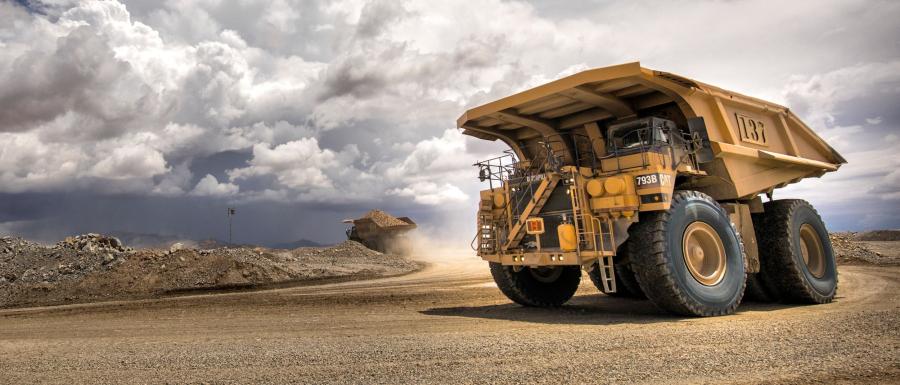
Wed November 01, 2023
Caterpillar
Caterpillar and Freeport-McMoRan (FCX) announced that the two companies are collaborating to convert the mining company's fleet of 33 Cat 793 haul trucks at its Bagdad mine in Arizona to an autonomous haulage system (AHS) using Cat MineStar Command for hauling.
"We look forward to partnering with Caterpillar to become the first U.S. copper mine to implement a fully autonomous haulage system and are excited about the numerous benefits it will bring to our Bagdad operation and employees," said Kathleen Quirk, president, Freeport-McMoRan.
"The three-year conversion project is expected to improve safety, optimize our fleet, reduce GHG emissions through reduced idle time and position us to capitalize on future technological advancements in electrification."
Celebrating the 10th anniversary of Command for hauling, Caterpillar has more than 620 autonomous trucks operating with 15 customers on three continents. While operating autonomously, these trucks have hauled more than 6.9 billion tons of material and traveled more than 143 million mi. without causing any reported injuries.
"We are pleased to collaborate with FCX as they transition to fully autonomous haulage at Bagdad," said Denise Johnson, group president of Caterpillar Resource Industries.
"The Cat 793 haul truck remains Caterpillar's most popular autonomous truck model and is well proven to enhance safety, increase productivity and reduce idle time across multiple operations, including copper mines. Additionally, Caterpillar continues to work with Freeport, and other mining companies, to introduce new electrification technologies supporting their sustainability objectives."
Located approximately 100 mi. northwest of Phoenix, Ariz., the Bagdad mine is a porphyry copper deposit containing both sulfide and oxide mineralization. It consists of a near 85,000 ton-per-day concentrator that produces copper and molybdenum concentrate and a solution extraction/electrowinning (SX/EW) plant that produces 9 million lb. of copper cathode per year. It is one of the oldest, continuously operating SX/EW plants in the world.
For more information, visit www.cat.com/.
 Aggregate Equipment
Aggregate Equipment Articles
Articles Email Updates
Email Updates Sell Your Machines
Sell Your Machines

 Aggregate Equipment
Aggregate Equipment Aggregate Dealers
Aggregate Dealers Aggregate Articles
Aggregate Articles Email Updates
Email Updates Sell Your Machines
Sell Your Machines